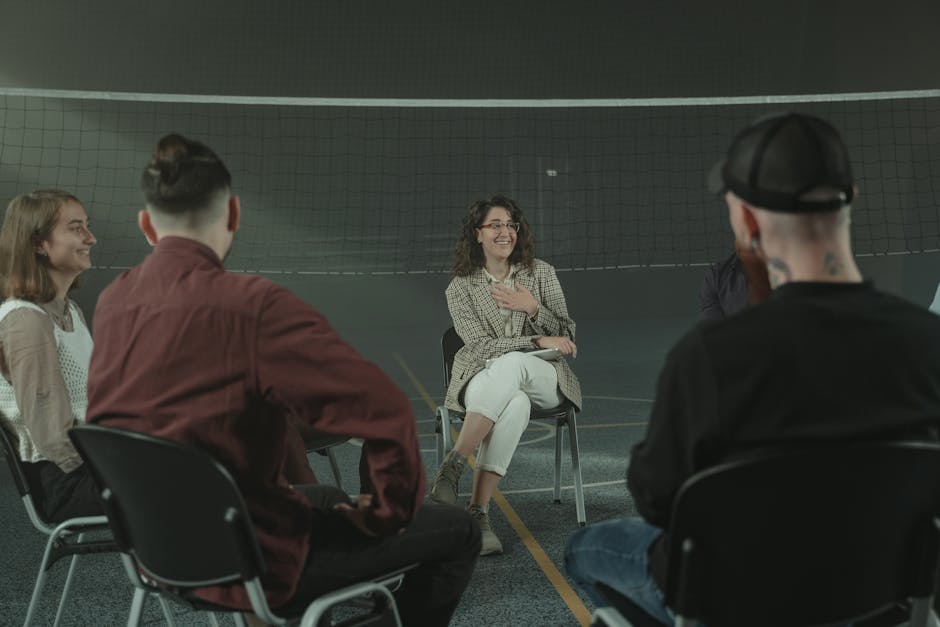
Between 2000 and 2016, more than 1,000 Lane County residents died by #suicide.
The county’s #suicide rate is 50% higher than the national average. This is a public health crisis that, as a community, must be addressed. As someone who works every day with people in crisis, friends and acquaintances — especially those whose lives have been touched in some way by #suicide — will sometimes ask what they, as caring citizens, can do to make a difference.
#JamesDonaldson notes:
Welcome to the “next chapter” of my life… being a voice and an advocate for #mentalhealthawarenessandsuicideprevention, especially pertaining to our younger generation of students and student-athletes.
Getting men to speak up and reach out for help and assistance is one of my passions. Us men need to not suffer in silence or drown our sorrows in alcohol, hang out at bars and strip joints, or get involved with drug use.
Having gone through a recent bout of #depression and #suicidalthoughts myself, I realize now, that I can make a huge difference in the lives of so many by sharing my story, and by sharing various resources I come across as I work in this space. #http://bit.ly/JamesMentalHealthArticle
These are some ways you can help:
Reach in: People who are struggling are often told to “reach out” or “get help.” However, someone who is depressed or suicidal will often do just the opposite and isolate themselves. If you have a friend or family member you have been concerned about, “reach in” to them and let them know they are not alone.
Listen: Pay close attention. Listen to how someone is communicating about their emotional state. If you think a loved one or someone you know might be considering self-harm or #suicide, ask directly if they are thinking of taking actions to end their life. Listen to what they say and what they don’t say. Talk about it. Ask.
Know the signs: According to the #AmericanFoundatioforSuicidePrevention, people who are at greatest risk for #suicide exhibit the following:
• Changes in mood, such as #depression, loss of interest, rage, irritability, humiliation, #anxiety.
• Changes in behavior, such as increased use of alcohol or drugs, searching online for ways to end their life, withdrawing from family and friends, sleeping too much or too little, visiting or calling people to say goodbye, giving away possessions.
• Talking about having unbearable pain, having no reason to live, feeling trapped and/or being a burden to others, ending their life.
End the silence: #Depression and #suicide thrive in silence. Don’t be afraid to start a conversation with someone you are worried about. Or if you have been feeling down, stressed or #anxious, tell someone. Call or meet with a trusted friend or family member and tell them how you are feeling. Remember, when you speak about your experience it can reduce your isolation, and also promote more honest, open conversations about #mentalhealth and #suicide.
Know your resources: All of us need to know the local, regional and national resources that offer prevention, education and support for #mentalhealth. Know who the mental health care professionals are in your area. Where would a person in your neighborhood who needs emergency psychiatric support go? Find out. The Lane County chapter of the #NationalAllianceonMentalIllness, known as #NAMI, can link you to resources and services. In the Eugene/Springfield area, CAHOOTS, a mobile crisis unit (non-emergency police numbers: Eugene, 541-682-5111 and Springfield, 541-726-3714), and Hourglass Community Crisis Center (541-505-8426) are vital resources.
Be an advocate: Talk to local leaders — elected officials, pastors, teachers, first responders, #mentalhealth providers — about how your community is working to provide support and prevent #suicide. For example, what training is available to professionals and community members? Are there enough services? Are people in your organization or community aware of resources? Help close gaps and find a way to contribute.
Take a stand: Help create a community that supports without stigmatizing. The subject of #suicide is often taboo and people living with #mentalhealth conditions often are subjected to hurtful and stigmatizing language or stereotypes. Refuse to perpetuate a culture of hurt and encourage others to do the same. Help the community see that people living with #mentalhealth conditions can and do recover with support and treatment.
Pat Norberg is a clinical supervisor for Behavioral Health/Crisis Services at PeaceHealth Sacred Heart Medical Center, University District. PeaceHealth, based in Vancouver, Wash., is a not-for-profit Catholic health system offering care to communities in Oregon, Washington and Alaska.



